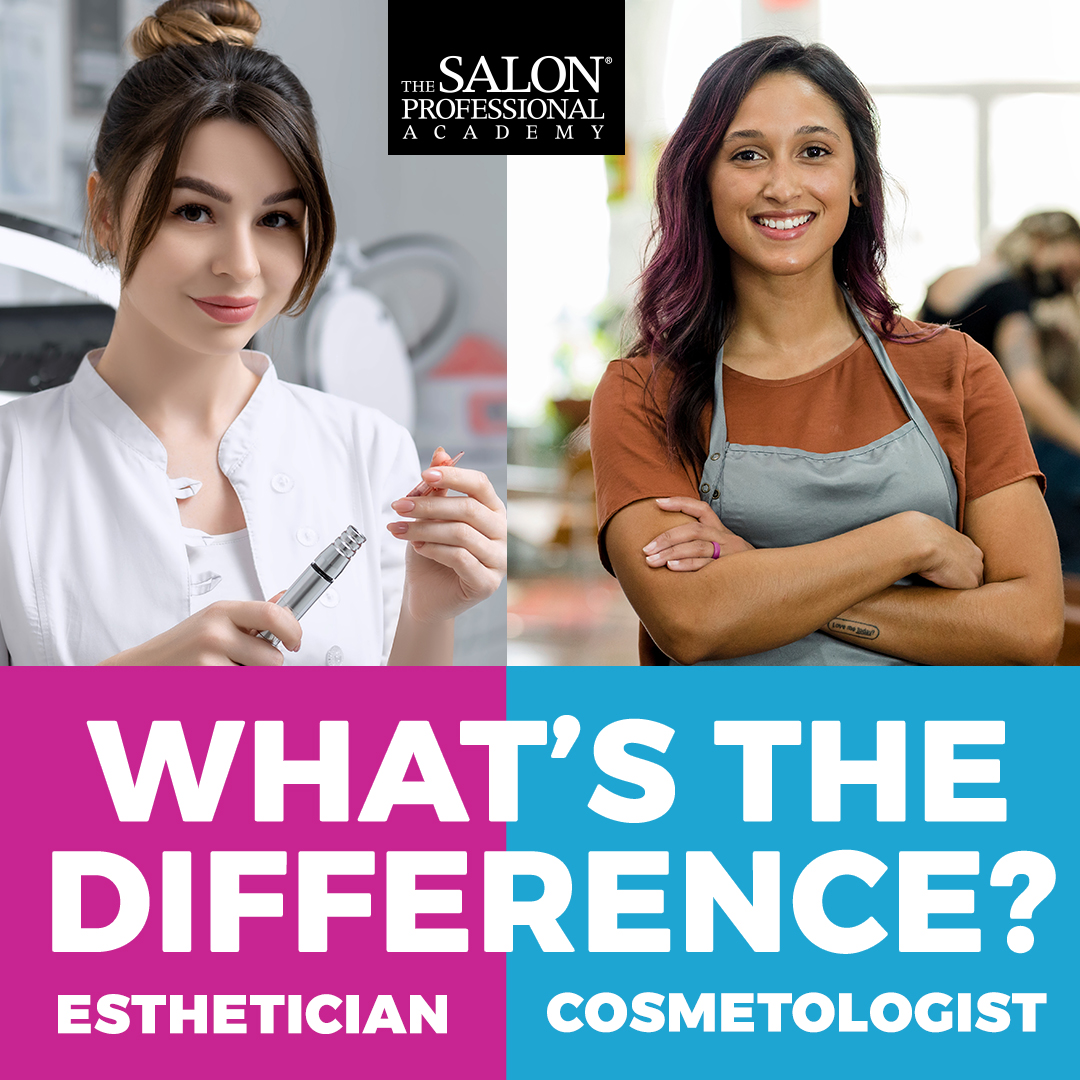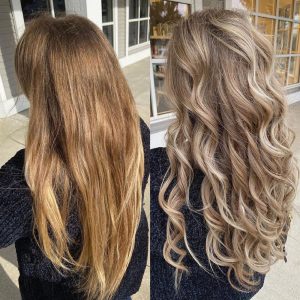In the realm of beauty and skincare, two professions often stand out: estheticians and cosmetologists. While both play crucial roles in enhancing beauty and promoting self-care, their scopes of practice and expertise differ significantly. If you’ve ever wondered about the distinctions between these two professions, you’re not alone. Let’s delve into the world of esthetics and cosmetology to understand the unique roles each plays in the beauty industry.
Defining Estheticians and Cosmetologists
Estheticians: The Skin Care Specialists
Estheticians, also known as skincare therapists, focus primarily on skincare. Their expertise lies in providing specialized treatments to improve the health and appearance of the skin. Estheticians are well-versed in various facial treatments, body treatments, and skincare regimens. Their goal is to address specific skin concerns, such as acne, aging, and hyperpigmentation, and to promote overall skin wellness.
Cosmetologists: The Beauty All-Rounders
Cosmetologists, on the other hand, are beauty professionals with a broader scope of practice. They are trained to provide a wide array of beauty services, including haircare, skincare, and nail care. The term “cosmetology” encompasses the study and application of beauty treatments for the hair, skin, and nails.
Training and Licensing Requirements
Estheticians
Estheticians undergo specialized training that focuses specifically on skincare. Training programs typically include both theoretical and practical components, allowing students to develop hands-on skills in skincare treatments. The length of our esthetician program is 600 hours.
Upon completing their training, aspiring estheticians must pass a licensing exam to demonstrate their knowledge and competency. State licensure ensures that estheticians adhere to industry standards and regulations, providing a level of assurance to clients seeking skincare services.
Cosmetologists
Cosmetology programs cover a broader spectrum of beauty services, including hair, skin, and nails. The training period for cosmetologists is generally longer than that for estheticians, ranging from 1,000 to 1,500 hours.
Similar to estheticians, cosmetologists must pass a licensing exam to practice professionally. The exam typically includes written and practical components, testing the individual’s understanding of beauty theory and their ability to perform various services safely and effectively.
Services Offered
Estheticians
Estheticians specialize in skincare services designed to enhance the health and appearance of the skin. Common services offered by estheticians include:
- Facials: Customized treatments to cleanse, exfoliate, and nourish the skin.
- Chemical Peels: Chemical solutions applied to the skin to remove dead cells and promote skin renewal.
- Microdermabrasion: Mechanical exfoliation to improve skin texture and tone.
- Waxing: Hair removal using warm or cold wax.
Estheticians also educate clients on proper skincare routines and recommend products tailored to their skin types and concerns.
Cosmetologists
Cosmetologists provide a broader range of beauty services, including:
- Hair Services: Cutting, styling, coloring, and chemical treatments for the hair.
- Skincare: Basic skincare services, such as facials and makeup application.
- Nail Services: Manicures, pedicures, and nail enhancements.
- Hair Removal: Waxing and threading for hair removal.
While some cosmetologists specialize in a particular area, such as hair or nails, others offer a combination of services to provide clients with a comprehensive beauty experience.
Career Opportunities
Estheticians
Estheticians often find employment in:
- Spas and Salons: Offering skincare services to clients seeking relaxation and rejuvenation.
- Dermatology Clinics: Collaborating with dermatologists to address specific skin concerns.
- Med Spas: Providing advanced skincare treatments under medical supervision.
Estheticians may also choose to become skincare educators, product representatives, or open their own skincare clinics.
Cosmetologists
Cosmetologists have diverse career options, including:
- Salons: Providing hair, skincare, and nail services to a wide range of clients.
- Barber Shops: Specializing in men’s haircuts and grooming services.
- Spas: Offering a combination of beauty services for a holistic client experience.
- Film and Television: Working as makeup artists and hairstylists for actors and production crews.
Some cosmetologists eventually become salon owners, educators, or industry influencers, leveraging their skills and expertise to shape the beauty industry.
Collaboration and Specialization
While estheticians and cosmetologists have distinct roles, there is often overlap in their services. Many salons and spas employ both estheticians and cosmetologists to provide clients with comprehensive beauty care. Collaborative efforts between these professionals can lead to enhanced client experiences, offering a one-stop-shop for skincare, haircare, and other beauty needs.
Some beauty professionals choose to specialize in specific areas, even if they have training in both esthetics and cosmetology. For example, a cosmetologist might focus primarily on hair services but also offer basic skincare treatments, while an esthetician could specialize in advanced skincare procedures while providing basic hair and nail services.
Pursue Your Passion With Us!
In the world of beauty and self-care, estheticians and cosmetologists each bring a unique set of skills and expertise to the table. Whether you’re passionate about skincare or intrigued by the versatility of beauty services, both career paths offer exciting opportunities for creativity and professional growth.
If you’re considering a career in the beauty industry, it’s essential to evaluate your interests and goals to determine whether esthetics or cosmetology aligns more closely with your aspirations. Whichever path you choose, quality education and obtaining the necessary licensure are crucial steps toward building a successful and fulfilling career in the dynamic and ever-evolving world of beauty.
At TSPA San Jose, we understand the importance of providing comprehensive education to aspiring beauty professionals. Our programs cover a range of beauty services, allowing students to explore their interests and develop the skills needed for success in the industry. If you’re ready to get started or have any questions, don’t hesitate to reach out to us! We look forward to hearing from you!





